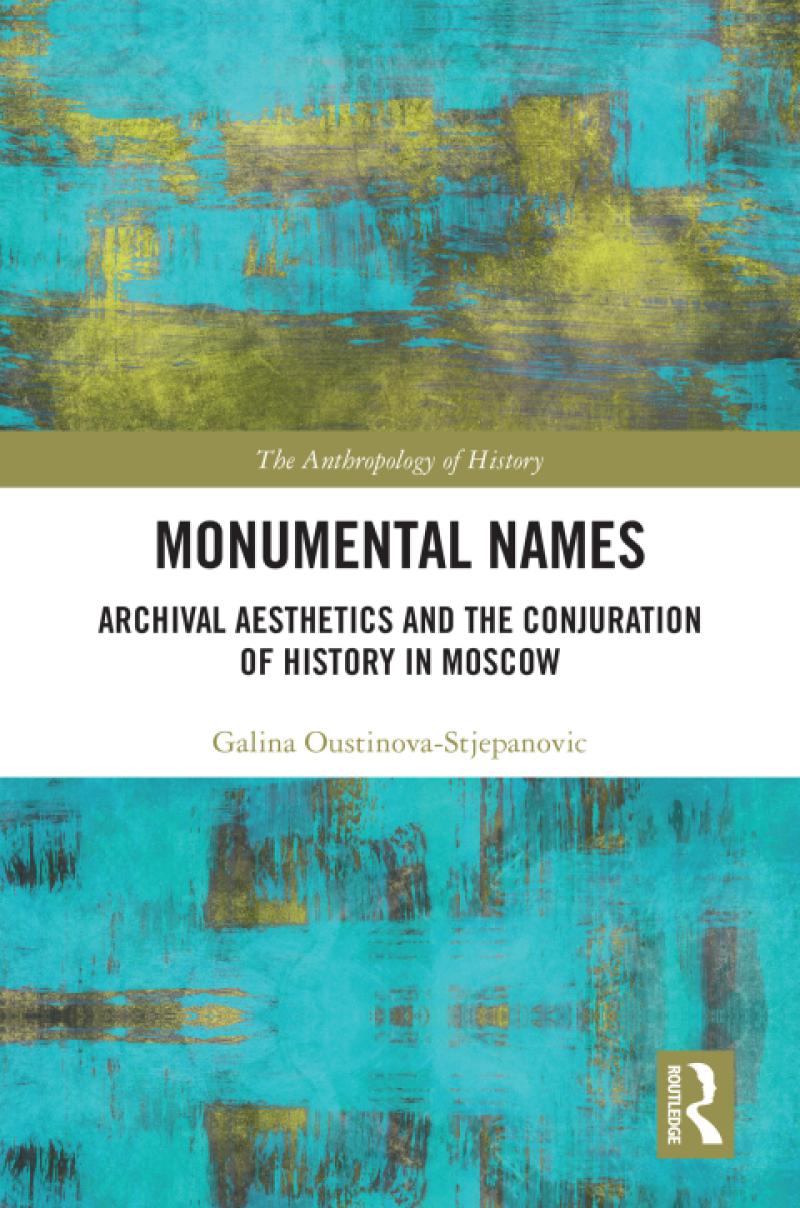What stands behind the propensity to remember victims of mass
atrocities by their personal names? Grounded in ethnographic and
archival research with Last Address and Memorial, one of the oldest
independent archives of Soviet political repressions in Moscow and a
winner of the Nobel Peace Prize, the book examines a version of
archival activism that is centred on various practices of
documentation and commemoration of many dead victims of historical
violence in Russia to understand what kind of historicity is produced
when a single name is added to an endless list. What do acts of
accumulation of names of the dead affirm when they are concretised in
monuments and performance events? The key premise is that multimodal
inscriptions of names of the dead entail a political, aesthetic and
conceptual movement between singularity and multitude that honours
each dead name yet conveys the scale of a mass atrocity without
reducing it to a number. Drawing on anthropology, history, philosophy,
and aesthetic theory, the book yields a new perspective on the
politics of archival and historical justice while it critically
engages with the debates on relations and distinctions between names
and numbers of the dead, monumental art and its political effects, law
and history, image and text, the specific one and the infinite many.
Les mer
Archival Aesthetics and the Conjuration of History in Moscow
Produktdetaljer
ISBN
9781000815993
Publisert
2022
Utgave
1. utgave
Utgiver
Taylor & Francis
Språk
Product language
Engelsk
Format
Product format
Digital bok
Forfatter
